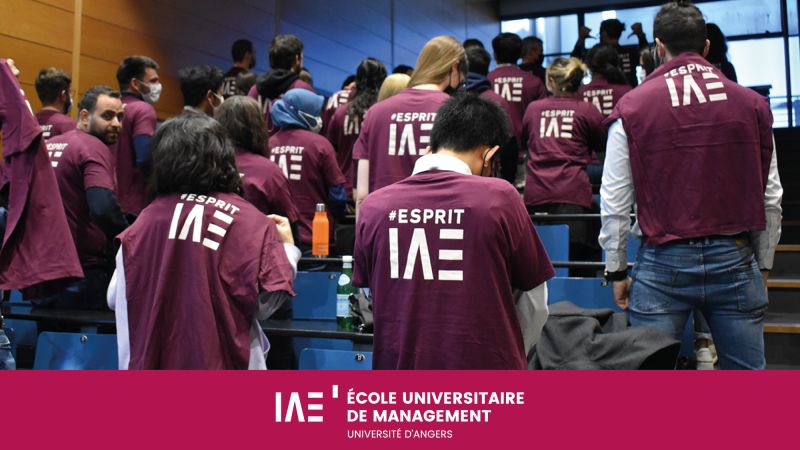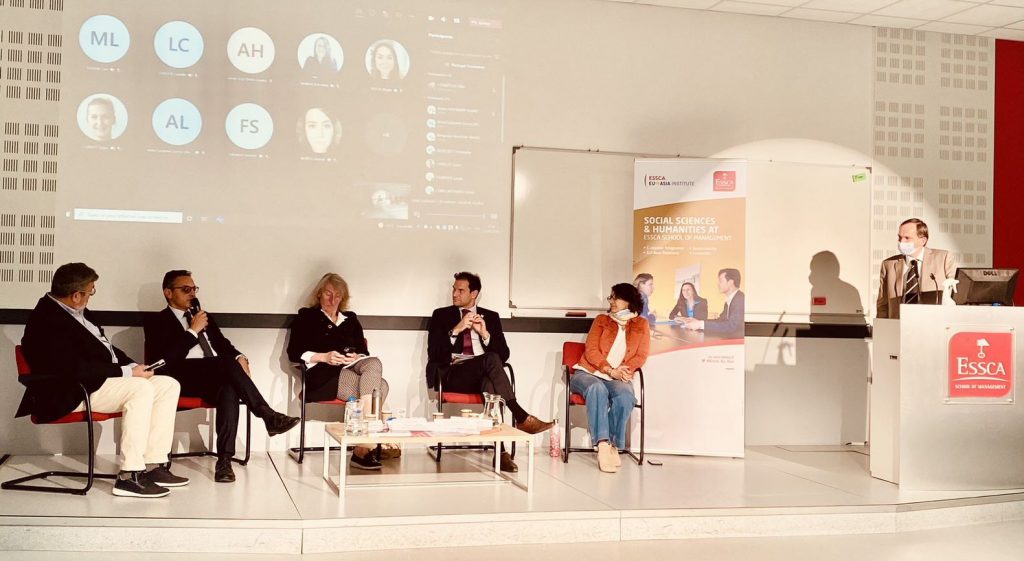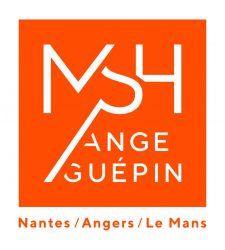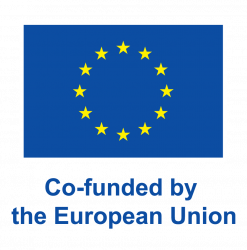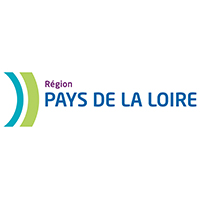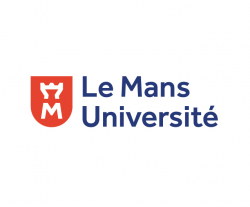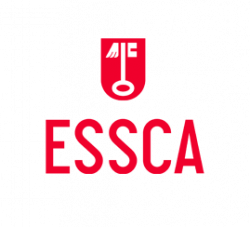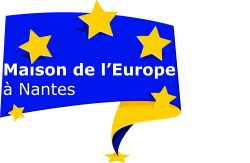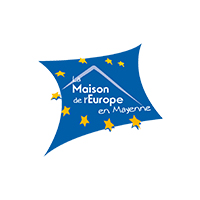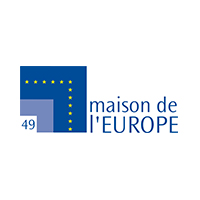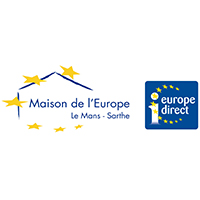What place does Europe occupy and what are its forms of influence in a changing world? In terms of Europe’s openness to the outside world, the aim is to identify the dynamic and resisting forces at work in the modern period and to uncover moments of expansion and of withdrawal, all the while being particularly attentive to the actors and contributors in these processes. Is Europe simply an eclectic political actor supporting the international society of the United Nations, or are we headed towards the creation of a real European power, one which would be autonomous and potentially competitive?
The Places and Spaces for Contacts and Exchanges
Who are the protagonists associated with these places and spaces (political-administrative institutions, professional companies and structures, citizens’ collectives)? What are their purposes? The point here is to characterize – including prospectively- current situations and their evolutions, their historical anchoring and their legal framework.
The Renewed Forms of European Presence and Influence
The aim here is to study Europe’s presence and influence in the new global configuration by examining the means that are at its disposal in light of its history and its ability to adapt to the evolutions of the international system. Can the European territory’s appeal be strengthened? What influence do European multinational companies have on foreign economies? Do the invention, the co-production and the spreading of norms constitute new vectors of influence? How can the recognition and the effective guarantee of fundamental rights be preserved in Europe, considering that these rights have forged Europe’s unity?
Diplomacies, Defence, Conflict
What is Europe’s place in international relations when faced with new forms of conflict (terrorism) and in the context of new peripheral conflicts (in Eastern Europe and the Middle-East)? We will study the evolution of the mediation practices and mechanisms used to resolve conflicts at national and multilateral levels. We will also examine the new types of defence policies. How can Europe improve its contribution to international security? Does it only settle for soft power, civil and normative actions? Which people and means are used to implement defence?


